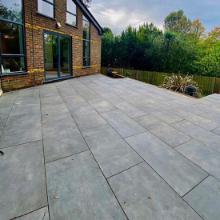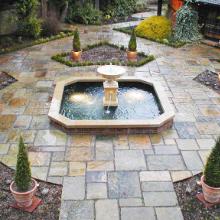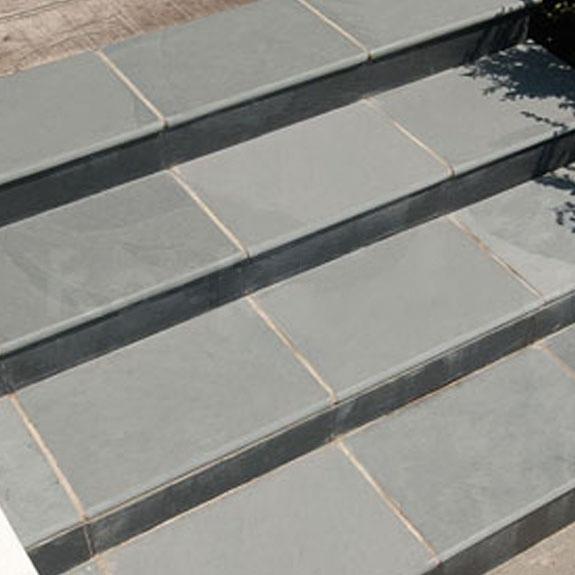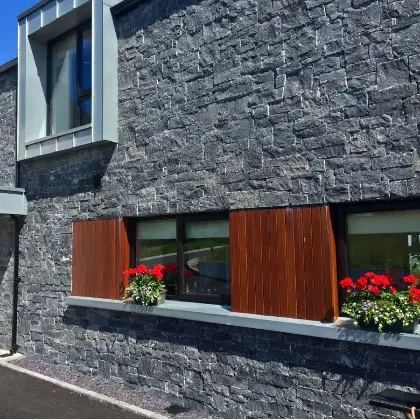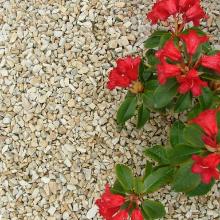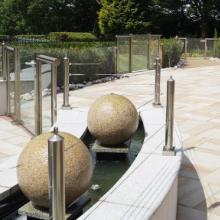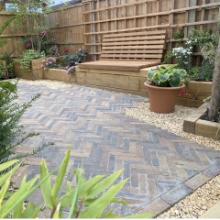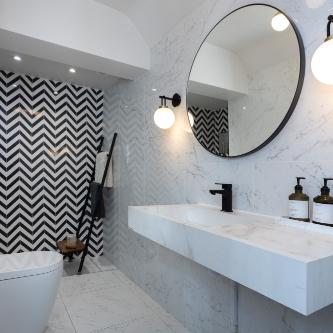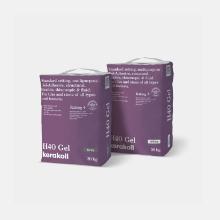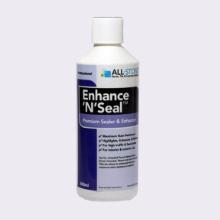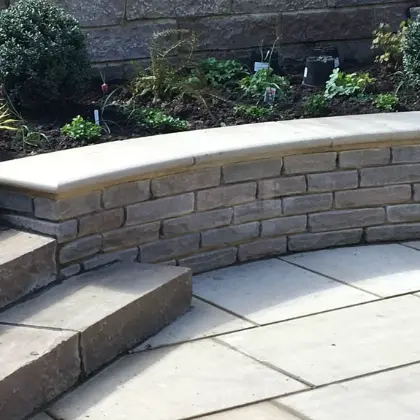To Seal or Not to Seal Natural Stone?
Whether or not to seal external stone depends primarily on the type of stone, its location, what it needs protecting from, any need to modify its appearance. In general, whilst some types of natural stone may benefit from being sealed, most do not require it.
Sealing external stone can provide several benefits such as protection against water penetration (with hydrophobic sealants) and oil penetration (with oleophobic sealants), stains, and generally making it easier to keep the stone clean. Colour enhancing sealants can also help to enhance the stone's natural colours and result in a 'wet look' finish.
Interior stone is normally sealed so that it does not absorb water in the process of normal cleaning. Harsh cleaners should never be used as these will slowly break down the sealant and the protection afforded will be lost. Therefore stone surface cleaners tend to be PH neutral. Exterior sealants will also break down at the surface due to UV light but most sealants impregnate into the stone and will continue to stop liquid ingress even when water no longer beads at the surface. Impregnating sealants allow water vapour transfer from the stone to the surrounding air and thus allow the stone to 'breathe' releasing moisture that may be travelling through the stone from the substrate.
Colour enhancing sealants are generally more difficult to use and must be tested in an inconspicuous area first. These sealants leave a layer on the surface of the stone that can be worn away over time with foot traffic. Normal impregnating sealants, once dry, do not affect the appearance of the stone at all other and are only detectable because water will bead on the surface.
Sealants should be applied to stone that is clean and dry. Wet stone will react with the sealant, even water based sealants, and this can result in milky discolouration. Sealants are difficult, sometimes impossible to remove once applied, and so it is important to follow manufacturers recommendations.
However, most types of stone used externally do not require sealing, particularly those that are naturally resistant to water and staining. Porcelain does not require sealing unless it has open porosity. Remember that outdoor areas are exposed to the effects of sun and rain and these will break down and remove most staining. Sealants will not totally prevent algae, mold, and lichen growing on the surface and a product such as Wet and Forget should be used periodically regardless of whether the surface is sealed or not.
Ultimately, the decision to seal external stone should be based on a careful assessment of the specific stone, its location, and the level of exposure to external factors. It is recommended to consult with a stone specialist or a professional stone care company to determine the appropriate approach for your specific situation.
